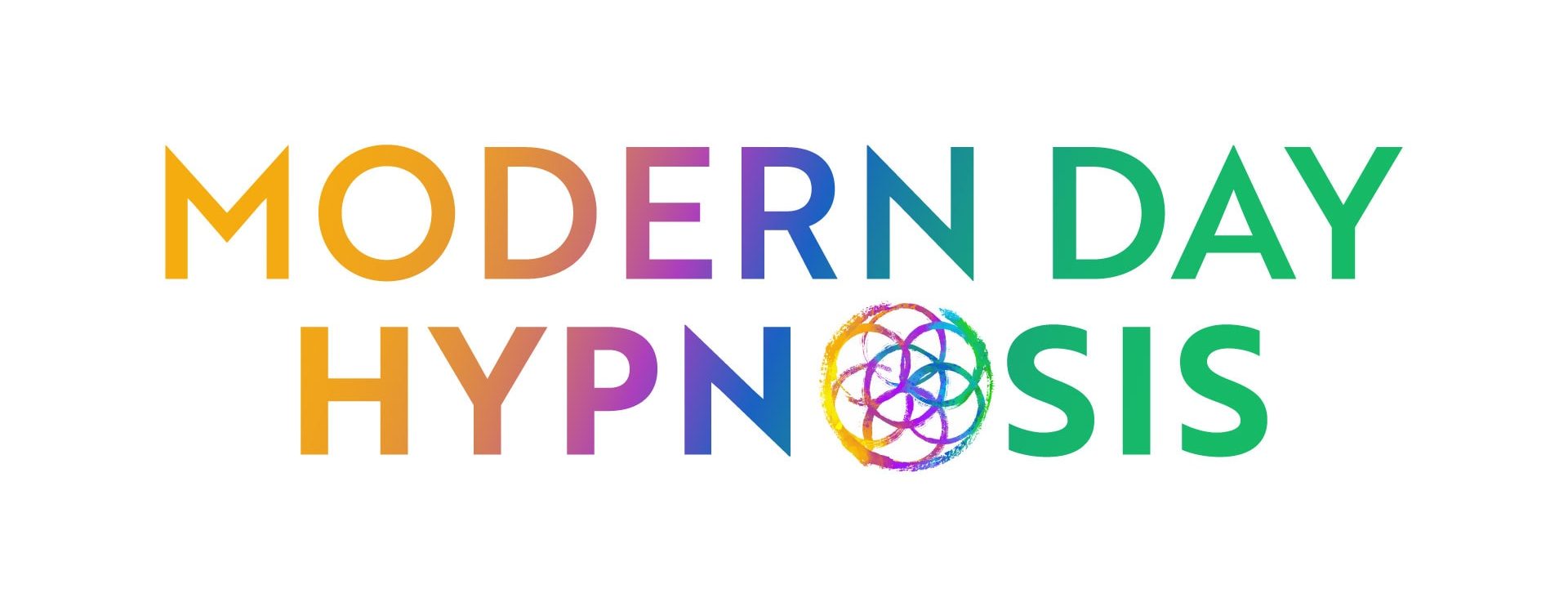Is Hypnosis Still Effective if I Fall Asleep During the Session?
Hypnosis is often misunderstood as a process where the hypnotist puts someone into a sleep-like trance state. This myth likely originates from stage hypnosis shows, where participants appear to fall asleep on command. However, hypnosis does not require sleep at all. In fact, hypnosis can be just as effective whether you’re wide awake or drifting off.
What is Hypnosis Exactly?
Hypnosis is a process of focused concentration and inner absorption that allows people to access the subconscious mind. It bypasses the “critical factor” of the conscious mind, which is the part that filters and analyzes information.
With the critical factor out of the way, suggestions can reach the subconscious more directly. The subconscious then activates those beneficial beliefs and behaviors in everyday life.
Hypnosis occurs along a spectrum of brain wave frequencies, ranging from bright-eyed beta waves to meditative alpha waves. Even when very relaxed, a hypnotized person remains aware on some level and can emerge instantly from the state.
Misconceptions About Hypnosis and Sleep
Many people assume that hypnosis is synonymous with sleep. They imagine someone being “put under” and not remembering anything afterward. However, hypnosis feels less like sleep and more like daydreaming, guided visualization, or meditation. You remain aware of your surroundings even when very relaxed.
Sleep cycles through various stages, from light to deep. In the deeper stages, your body becomes paralyzed, and you lose conscious awareness. The brain waves slow dramatically compared to being awake.
In hypnosis, you may feel drowsy and detached from physical sensations. But your mind doesn’t go offline, which allows you to stay tuned in to the hypnotist’s voice. Brain waves slow somewhat but not nearly to the extent of actual sleep.
Ways Hypnosis Differs From Sleep:
- You can carry on a conversation while hypnotized but generally not while asleep.
- You would likely awaken if someone entered the room, but you may sleep right through it.
- Time distortion is common in hypnosis, while time passes undetected during sleep.
- Your eyes can remain open in hypnosis but closed in sleep.
- Suggestions are acted upon after hypnosis, while dreams are usually forgotten.
Is Hypnosis Effective if I Fall Asleep?
Even when a hypnotized person drifts into a light sleep state, the suggestions can still permeate the subconscious mind. Some hypnotists say this deepest state of relaxation produces the best results.
However, sleep reduces your ability to interact with the hypnotist. So most try to keep you hovering in that daydreamy zone between waking and sleeping – absorbed but still aware.
Both methods can work beautifully. But staying awake keeps you actively engaged, which some people prefer. The hypnotist can gauge your response, adjust the suggestions, and use visualizations requiring active imagination.
It comes down to personal preference and the hypnotist’s individual style. The key is reaching a deeply relaxed state where the mind is open and receptive. That receptivity allows the hypnotist’s voice to imprint suggestions firmly in the subconscious mind.
And since hypnosis accesses subconscious patterns, the effects continue long after the session ends. The state itself is temporary, but the benefits last thanks to those ingrained beliefs and habits.
Signs That You’re Moving from Hypnosis into Sleep:
- Inability to respond to the hypnotist’s instructions
- Loss of body awareness or physical numbness
- Little or no memory recall afterward
- Abrupt awakening when brought out of the state
- Slow eyefluttering movements under eyelids
- Deep, regular breathing patterns
- Lengthy pauses before responding
Tips to Remain Awake During Hypnosis
Here are some tips if you want to stay awake and actively engaged:
- Sit upright rather than lying down. It’s hard to fall asleep sitting up.
- Keep your eyes open rather than closed. Open eyes make it easier to stay alert.
- Ask the hypnotist to give you tasks like imagining scenes or counting numbers. This keeps your mind more activated.
- Request alerts. Some hypnotists will gently say your name if they hear signs of sleeping.
- Ask for permissible movements. Shifting position slightly or nodding along can help.
- Mention medications. Alert the hypnotist if you took sedatives that make you extra drowsy.
- Get comfy but don’t overdo it. Loosen any constrictive clothes but don’t curl up under a blanket.
- Stay hydrated. Drink some water so you don’t get sleepy.
- Give yourself a pep talk. Internally echo any motivational phrases the hypnotist says.
Is It Bad To Fall Asleep During Hypnosis?
Falling asleep is completely normal and nothing to worry about. Some people simply find the deeply relaxed state very restorative. As you practice self-hypnosis more, you’ll learn to maintain the hypnotic state in a lighter zone.
The most common concern is missing parts of the session. But your subconscious mind soaks up those positive suggestions on autopilot even while sleeping. If you feel like you missed out, you can always request another session.
Some hypnotists even use hypnosis specifically to improve sleep issues like insomnia. In that case, falling asleep during the session is considered a good sign!
The goal is not to force yourself to stay awake or to stress about drifting off. Find the level of relaxation that allows you to absorb those beneficial suggestions into your subconscious. Whether eyes open or closed, alert or sleepy, hypnosis can create powerful changes if you simply let go and allow it to work. Learning self-hypnosis techniques can also help you gain more control over your level of alertness during a hypnotic state.
- About the Author
IACT Trainer:
The International Association of Counselors and TherapistsDEHI Trainer:
The Dave Elman Hypnosis InstituteNGH Hypnotist:
The National Guild of HypnotistsIACT Hypnotist:
The International Association of Counselors and TherapistsIMDHA Hypnotist:
The International Medical and Dental Hypnotherapy Association
Hypnosis
Have You Tried It Yet? It Really Works!
